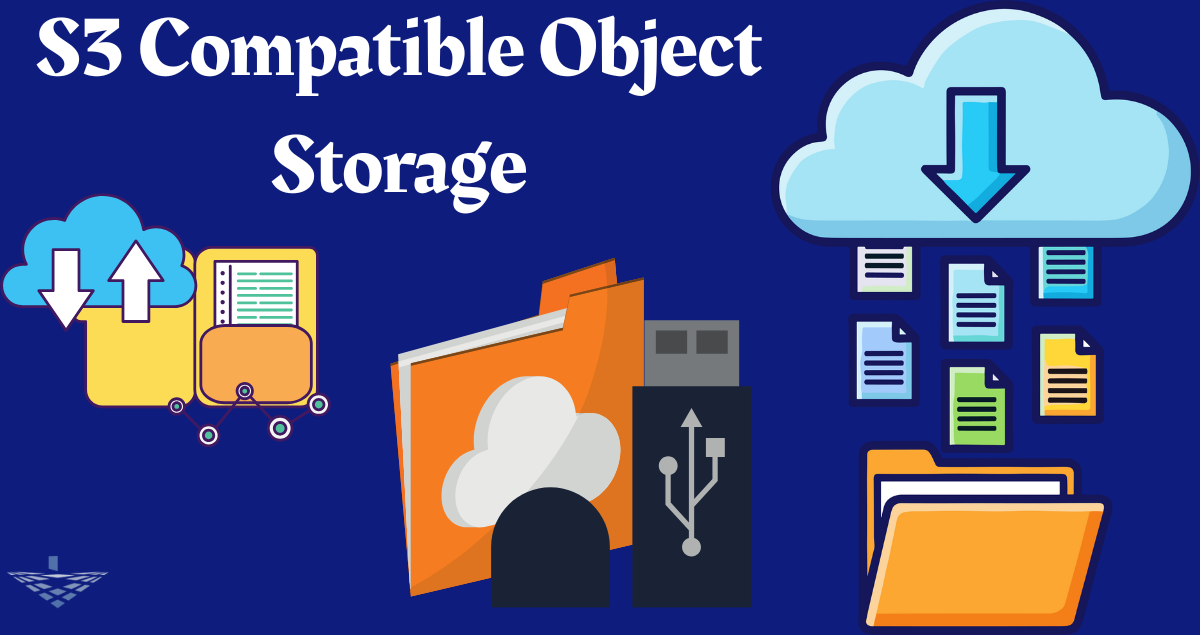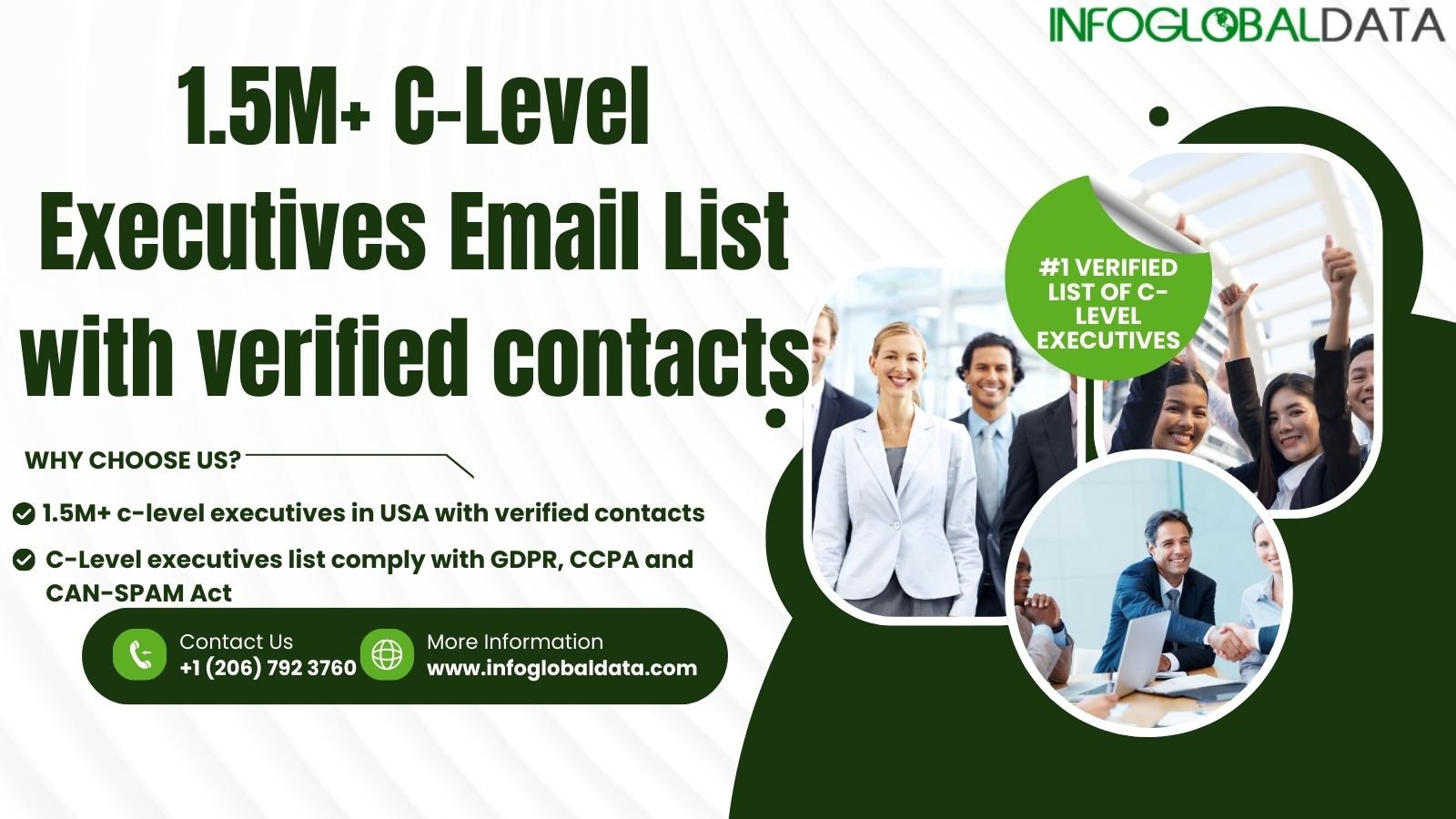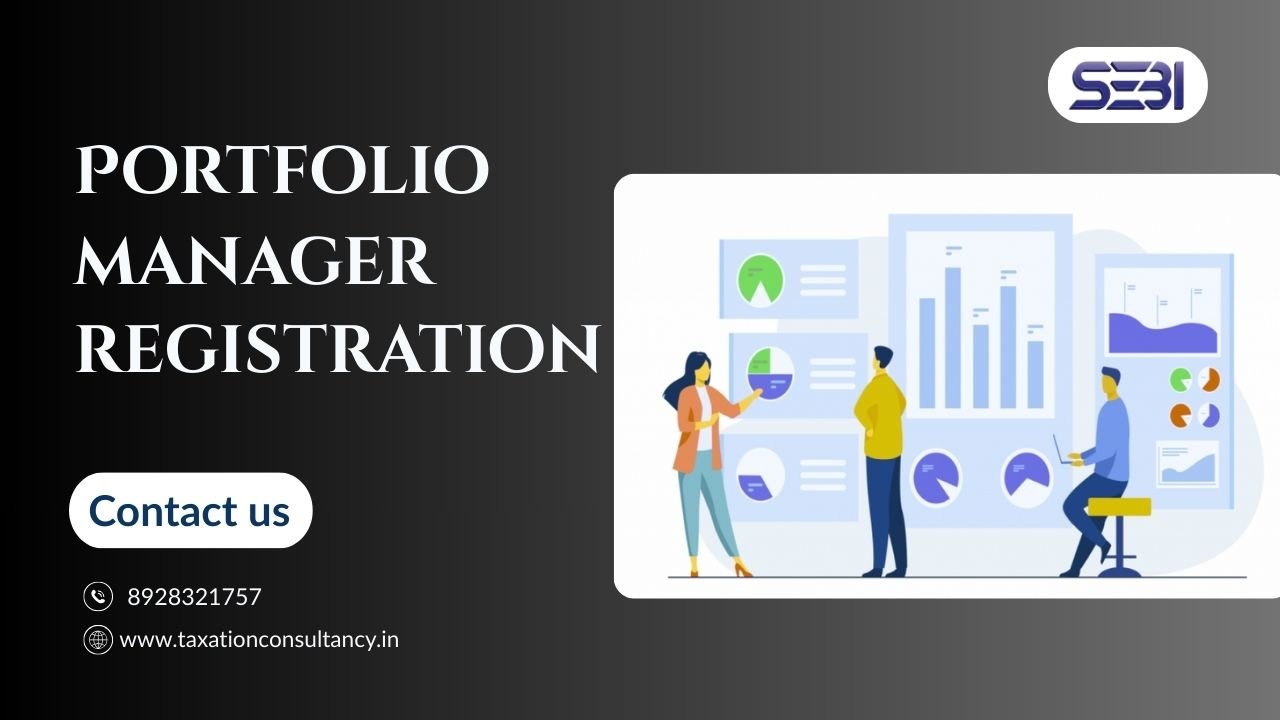In today’s digital landscape, Anti-Money Laundering (AML) compliance has become a non-negotiable requirement for industries ranging from finance to gaming and crypto. With stricter regulations worldwide and the growing complexity of financial crimes, businesses must rely on robust tools to ensure they meet regulatory expectations and protect their platforms from illegal activities.
This article explores the best tools for AML verification, why they matter, and how businesses can streamline compliance processes using modern, automated solutions.
What Is AML Verification?
AML verification is the process of identifying and preventing illegal money laundering activities by monitoring, screening, and flagging suspicious financial transactions. Regulatory bodies like FATF, FinCEN, and local financial authorities require businesses, especially in high-risk sectors like banking, crypto, and gaming, to implement effective AML policies and procedures.
These typically include:
Customer Due Diligence (CDD)– Customer Due Diligence pertains to the procedure of confirming a customer’s identity and evaluating the risk they present before forming a business relationship. It constitutes a fundamental aspect of Anti-Money Laundering (AML) protocols. Know Your Customer (KYC)
Know Your Customer (KYC)– Know Your Customer encompasses a wider regulatory and legal framework that includes Customer Due Diligence (CDD). It involves the verification of a customer’s identity and an understanding of the nature of their activities to mitigate risks associated with fraud, money laundering, and the financing of terrorism.
Sanctions Screening– Sanctions screening refers to the procedure of verifying individuals or organizations against both national and international sanctions lists to confirm that you are not engaging in business with restricted parties.
Transaction monitoring– Transaction monitoring refers to the ongoing examination of customer transactions to detect any suspicious activities that could suggest money laundering, fraud, or other illegal actions.
Without reliable tools, businesses are at risk of heavy fines, regulatory action, and reputational damage.
Why Modern Businesses Need Automated AML Tools?
The traditional approach to conducting manual Anti-Money Laundering (AML) checks is no longer sufficient and is characterized by significant inefficiencies. Such methods can lead to errors, complicate the onboarding process, and fail to scale effectively as a business grows.
On the other hand, automated AML verification tools deliver real-time screening, outstanding accuracy, and integration capabilities, making them essential for compliance in industries that are rapidly evolving.
Key Benefits of Automated AML Tools:
- Real-time alerts for suspicious transactions
- Instant ID verification and document checks
- Seamless integration with CRMs and financial platforms
- Fewer false positives, thanks to AI-based analysis
- Scalability as your user base expands
Top Tools for AML Verification in 2025
Here are some of the most trusted AML verification tools that companies are using globally:
1. Bypass Proxy
Bypass Proxy is a next-generation platform offering AI-powered AML and KYC verification tools. It provides instant document verification, sanctions list screening, and biometric identity checks, all in a single API.
Key Features:
- Automated KYC/AML workflows
- Global sanctions and watchlist checks
- Seamless integration with onboarding processes
- Identity verification through facial recognition and OCR
- GDPR and FATF-compliant infrastructure
Bypass Proxy is ideal for fintech companies, crypto exchanges, gaming platforms, and any online business that needs robust compliance solutions.
2. ComplyAdvantage
Known for its comprehensive database, ComplyAdvantage helps businesses monitor real-time risk using machine learning to detect financial crime patterns.
3. Trulioo
Trulioo offers global identity verification solutions, enabling AML checks across multiple countries and jurisdictions, making it suitable for enterprises with international reach.
4. IDnow
A leading European provider offering secure video identification and automated identity verification that meets eIDAS and AML regulations.
5. Sumsub
Sumsub is widely used for its flexible onboarding flows, AML screening, and fraud detection capabilities, especially in crypto and DeFi platforms.
How to Choose the Right AML Verification Tool?
Choosing the best tool depends on your industry, geography, and compliance requirements. Here are a few factors to consider:
- Integration options – Look for tools with APIs and plugin support
- Data coverage – Ensure the tool accesses global sanctions lists and databases
- User experience – Frictionless onboarding helps reduce drop-offs
- Scalability – Choose platforms that grow with your business
- Regulatory compliance – Confirm it meets GDPR, FATF, and local AML laws
AML Compliance Made Easy with Bypass Proxy
Regardless of whether you are a startup or a large enterprise, it is essential to integrate AML compliance into your business from the very beginning.
Bypass Proxy provides a straightforward, secure, and smart solution for managing your compliance responsibilities without hindering the user onboarding process.
Final Thoughts
In an era marked by rapid digital transformation and increased regulatory scrutiny, utilizing the right tools for AML verification has evolved from being a mere best practice to a critical necessity for businesses.
Solutions like Bypass Proxy enable organizations to seamlessly incorporate compliance measures into their customer interactions, ensuring that they uphold regulatory standards without compromising on speed, security, or the overall user experience.
Also read: Appinventiv: The Go-To AI Development Company in Dubai
















Leave a Reply